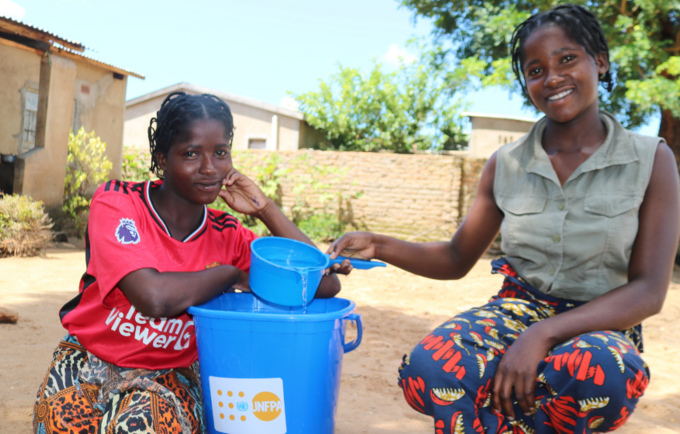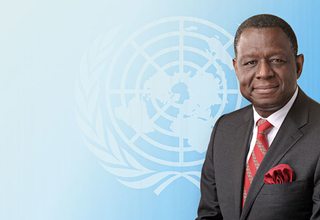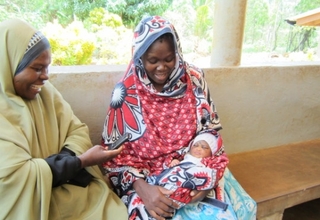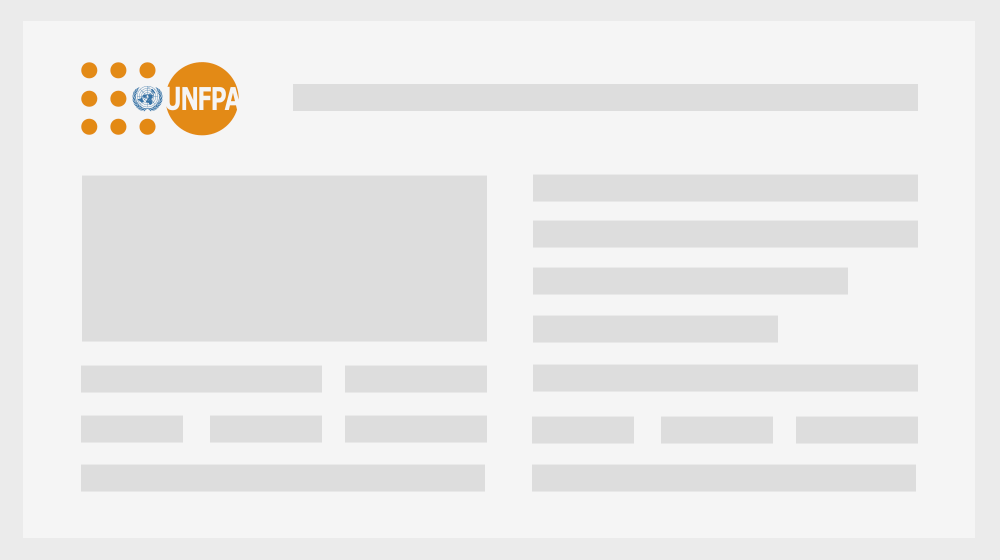Nkhotakota, Malawi – “The items we received have proven incredibly durable; throughout all the times we have had to move from place to place, we carried them with us, and they have continued to be useful to this day,” Shanil Nyamula explains.
These were words spoken by Shanil and her twin sister Atupele in Malawi. In early 2024, Malawi was hit by devastating flash floods. The sisters were aware that a storm had hit parts of the country and had visited a neighboring community in need of aid. However, they soon discovered that their own home had been inundated with water.
“I was surprised to see that the water had also reached our house, with water level reaching my waist,” Shanil recounted. Shanil and Atupele are just two of the 14,176 people affected by the floods. The sisters found themselves in a difficult situation, forced to abandon their belongings to the rising water and move to a shelter.
“We did not expect such things to happen,” Atupele lamented. “We sometimes experience localized flooding but this was something we never experienced. It was terrible.”
Women and girls are especially vulnerable to climate change-related disasters. Key services like prenatal care, assisted delivery, and emergency obstetric care are often unavailable. While pregnancy-related deaths and sexual violence soar.
In responding to this crisis, UNFPA, with support from the United Nations Central Emergency Fund (CERF), provided essential care to women and girls in the form of dignity kits. The kits provide women, girls, and people who menstruate with essential supplies that are often overlooked when there is an immediate need for safety, food, and water.
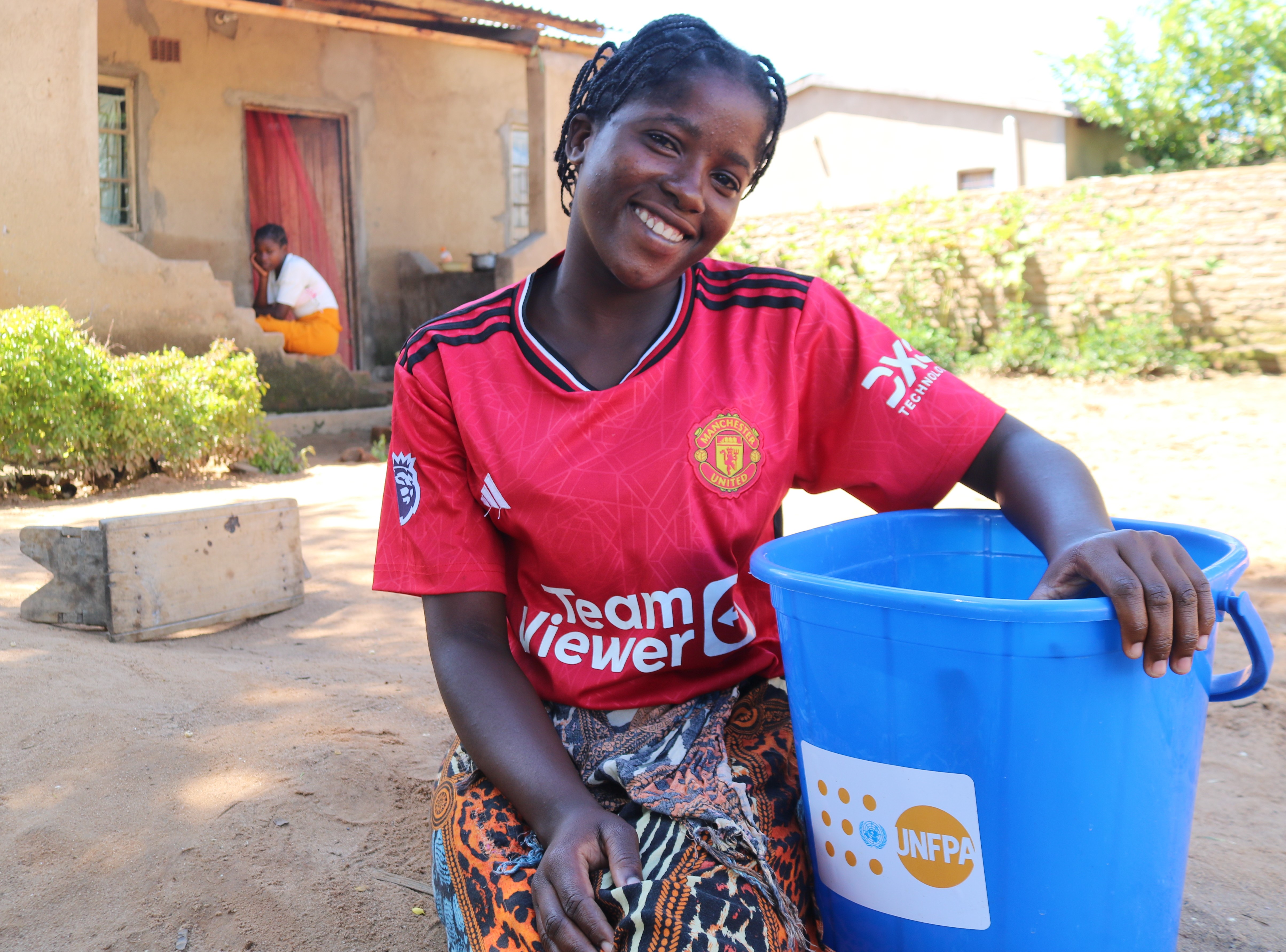
Dignity kits are lifelines with their distribution proving to be important exchange spaces to guarantee that displaced persons get information on gender-based violence, sexual gender-based violence and consent and rights. This is one of the many efforts of UNFPA in building resilient communities while continuing supporting women and girls, who find in the dignity kits more than just care essentials, but a toolkit that unlocks endless opportunities.
“Having those essentials, like sanitary pads and hygiene products, reminded me of the strength I have within myself. It was not just about the supplies - it was about feeling in control again,” Shanil explains.
